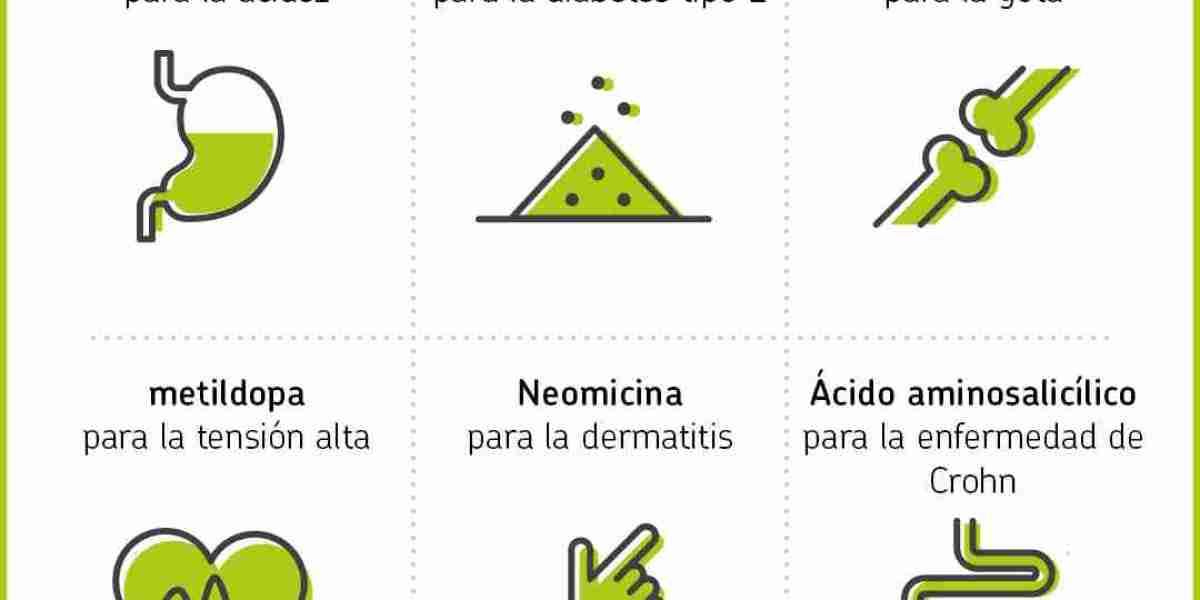发现 帖子在我们的“发现”页面上探索迷人的内容和多样化的观点。发现新想法并参与有意义的对话
Exceso de vitamina B12: cómo afecta al organismo y a la vista | #el complejo b sirve para subir de peso
Así es la gelatina del 'súper': con exceso de azúcar o edulcorantes y pobre en proteínas | #el complejo b sirve para subir de peso





